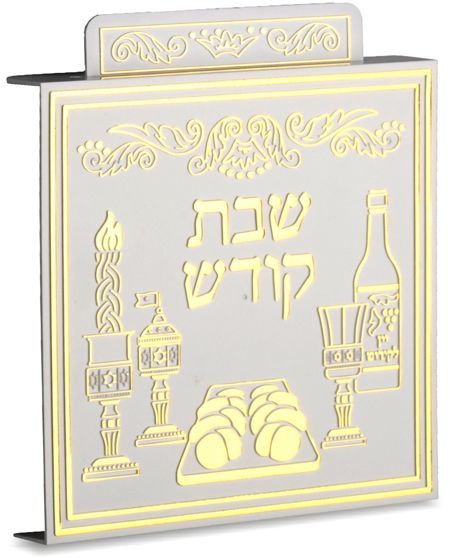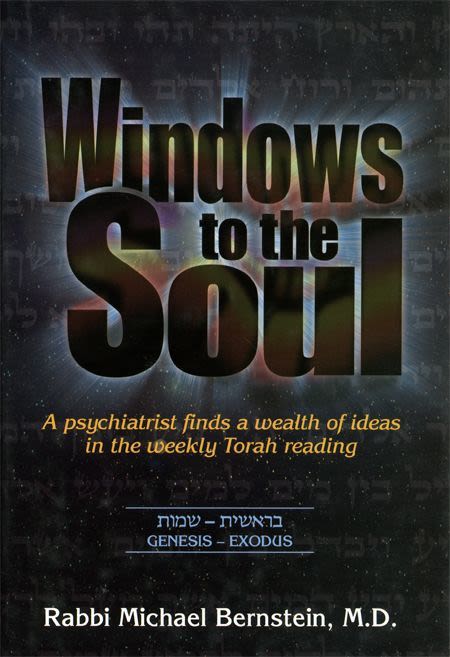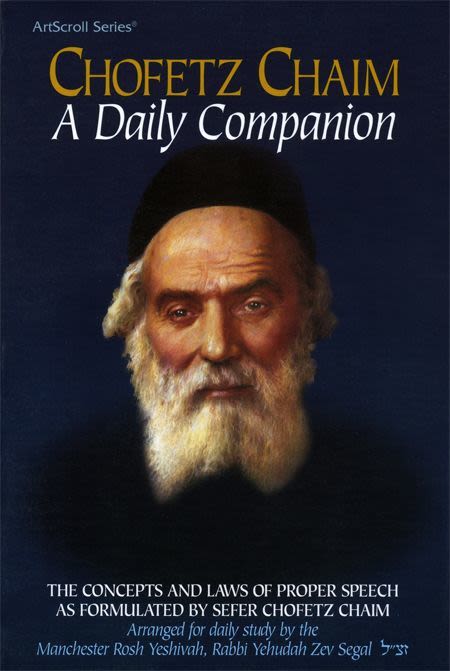
The Conditional Blessing
A tzaddik’s blessing is certainly worthwhile, but it doesn’t replace a person’s own efforts and obligations. From the tzaddik, we seek advice how best to serve Hashem…

Translated by Rabbi Lazer Brody
Almost everyone has a general belief in G-d, but when many people find themselves under stress, they forget about Him.
A person with a dangerous illness once came to the Neshchizer Rebbe of blessed and saintly memory, requesting a blessing for a complete and speedy recovery.
“I doubt that you’ll get better,” said the Rebbe, shrugging his shoulders.
The sick person was appalled. “Why does the Rebbe answer me like this? The Rebbe gives everyone else blessings. Why not me?”
“I’ll tell you a story,” said the Rebbe. “An elderly couple lost their life savings, a bag full of golden coins. They came to the holy Koznitzer Maggid and asked for a blessing that there loss should be retrieved. The Maggid refused to give his blessing. The husband took a gold coin out of his pocket and offered it to the Maggid, asking, ‘Now will the Rebbe give me his blessing?’
“The Maggid refused. ‘You can have my blessing for one hundred gold pieces,’ he said matter-of-factly.
“The wife was flabbergasted. She said to her husband, ‘One hundred gold pieces? Is this a holy man or a horse trader? Who needs his blessing? Let’s get out of here! This is what we deserve for not trusting in Hashem. Come, my husband – let us do some deep soul searching and fully repent. Let’s turn to Hashem for help, and not to flesh and blood!’
“At that moment, the Maggid chimed in, ‘Now I can help you! As long as you forgot about Hashem and thought that I can do miracles on my own, nothing would help. But now that you trust in Hashem, you have my wholehearted blessing that you’ll recover your loss.’”
The Neshchizer Rebbe then said to the sick person, “By the same token, as soon as you trust in Hashem for your recovery, then my blessing will benefit you. Hashem is the doctor, not me!”
The Tzaddik’s Blessing
 In light of the above story, one might ask how asking for the blessing of a holy man is called “forgetting Hashem”? The fact that a person recognizes the spiritual powers of a holy man, isn’t that recognition of Hashem?
In light of the above story, one might ask how asking for the blessing of a holy man is called “forgetting Hashem”? The fact that a person recognizes the spiritual powers of a holy man, isn’t that recognition of Hashem?
Let’s review what we learned in The Garden of Emuna:
1. Everything is from Hashem – a person must believe that Hashem made him sick.
2. Everything is for the best – one’s sickness is no exception.
3. Everything has a purpose – a person should look for the message that Hashem is conveying to him by way of the sickness, such as the ATFAT principle within the sickness (example: a person with an ear ache realizes that his ear started hurting after he listened to slander about someone else). The sickness should stimulate teshuva and prayer.
A tzaddik’s blessing is certainly worthwhile, but it is not a replacement for a person’s own efforts and obligations. A visit to a tzaddik is especially helpful when a person receives advice in how to improve his service of Hashem.
The tzaddik’s blessing is most effective when the person’s motive is to get closer to Hashem. But, if a person is merely seeking relief from his current tribulation, then the tzaddik’s blessing won’t do much.
A haughty rich man once threw a gold coin to Rebbe Natan of Breslev so that Rebbe Natan would pray for him. Rebbe Natan picked up the coin and threw it right back. “What do you think?” asked Rebbe Natan. “I’m not one of your factory workers! You think you can hire me to pray for you by throwing a coin at me? If you had the slightest desire to repent and get closer to Hashem, I’d be the first to help you, but you can’t hire me to do all the work for you!”
We seek the blessings and the wisdom of holy individuals and spiritual leaders to get closer to Hashem and not simply to seek temporary relief of whatever’s bothering us. Truly, the greatest benefit of seeing a tzaddik is to obtain advice as to how each of us individually can attain enhanced spirituality and closeness with Hashem.
The Conditional Blessing
A tzaddik is not doing a person any favor by granting that person an unconditional blessing. Let’s use an example we mentioned earlier and explain why:
A person listened to some forbidden gossip. Shortly thereafter, he received a painful earache. Not having done any soul-searching, he made no connection between the listening to the gossip and the earache.
Imagine that the tzaddik give the person a blessing and prays for that person’s complete and speedy recovery. By virtue of the tzaddik’s piety and righteousness, let’s suppose that his prayer is answered. As a result, the person’s ear no longer hurts. But is that a blessing in the long run?
Hashem sent the ear ache so that the person would do appropriate self-evaluation, make a connection between the ear ache and the transgression of listening to gossip and slander, and consequently do teshuva, thereby rectifying the misdeed. But now, the person is left without the earache but he still has a nasty blemish on his soul which, going uncorrected, could lead to additional and more severe problems in the future. The tzaddik’s unconditional blessing therefore does no one any favors.
The blessing of a righteous individual is wonderful when it complements a person’s own self-evaluation, teshuva, and prayers. The true tzaddikim therefore preface their blessings with advice on what a person might do to rectify the problem at hand. Once again, a person’s own efforts together with the tzaddik’s guidance and blessing are a wonderful combination.












Tell us what you think!
Thank you for your comment!
It will be published after approval by the Editor.